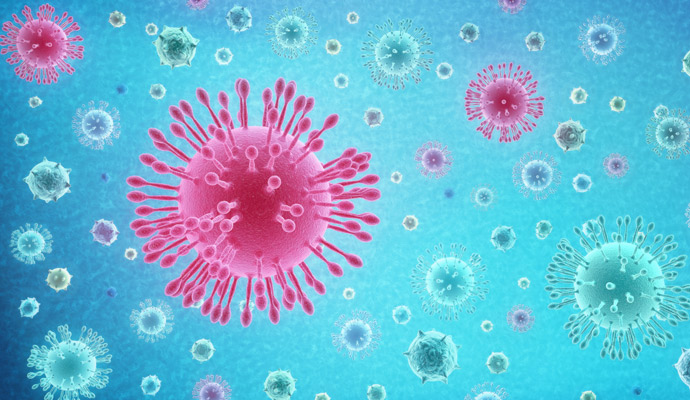Eli Lilly Launches Phase 3 Trial of COVID-19 Antibody Treatment
The study will enroll nearly 2,500 residents and staff at long-term care facilities across the USto test the efficacy of a COVID-19 antibody treatment.

Source: Getty Images
- Eli Lilly and Company recently announced the initiation of a Phase 3 trial, BLAZE-2, studying potential COVID-19 antibody treatment in residents and staff at nursing facilities across the US.
For more coronavirus updates, visit our resource page, updated twice daily by Xtelligent Healthcare Media.
LY-CoV555, the lead antibody from Lilly’s collaboration with AbCellera, was developed in three months after AbCellera and National Institute of Allergy and Infectious Diseases (NIAID) identified it from a blood sample taken from one of the first US patients who recovered from COVID-19.
Unlike vaccines, antibody treatments do not produce lasting protection against a disease. Instead, these treatments are meant to equip bodies with tools to immediately fight off an infection, or prevent an imminent contagion.
"COVID-19 has had a devastating impact on nursing home residents. We're working as fast as we can to create medicines that might stop the spread of the virus to these vulnerable individuals. While it's not easy to conduct clinical trials in this setting, we're taking on the challenge in an effort to help those who need us the most," Daniel Skovronsky, MD, PhD, Lilly's chief scientific officer and president of Lilly Research Laboratories, said in the announcement.
COVID-19 is spread rapidly in long-term care facilities and the already high mortality rate in these facilities creates an urgent need for these therapies.
BLAZE-2 is the first of its kind COVID-19 trial and is being conducted in partnership with NIAID, along with the COVID-19 Prevention Network (CoVPN), and various long-term care facilities.
"We are grateful to the NIAID team for their exceptional partnership on this innovative trial and we are deeply appreciative of the care facilities, their staff and the many residents who will be participating in this important study,” Skovronsky said.
The study will enroll nearly 2,500 participants from facilities that have had a recently diagnosed case of COVID-19 and are at a high risk of exposure.
It will evaluate the efficacy and safety of a single dose of LY-CoV555 for the prevention of COVID-19 and uncover if the antibody reduces the rate of COVID-19 over four weeks and complications of the virus through eight weeks.
"The mission of the COVID-19 Prevention Network is to conduct Phase 3 vaccine and monoclonal antibody efficacy studies for the prevention of COVID-19," said Myron Cohen, MD, director of UNC's Institute for Global Health and Infectious Diseases and a CoVPN leader.
"We're excited to partner with Lilly to determine whether LY-CoV555 can prevent or mitigate progression of COVID-19 infection in this vulnerable population that has been greatly impacted by this virus."
Lilly stated that it created mobile research units to address the challenges of running a clinical trial at a long-term care facility during the pandemic.
The units include custom, retrofitted recreational vehicles to support mobile labs and clinical trial material preparation, they said. They also include a trailer truck that will deliver all clinical trial supplies necessary to create an on-site infusion clinic.
Additional staff will also be present at the facilities to help with operations, and Lilly will launch its mobile research unit fleet in response to outbreaks of the virus at these facilities.
"We commend Lilly and NIH in recognizing the critical need for developing medicines to combat the spread of the virus among some of the most vulnerable populations," said Alexander Stemer, MD, a board certified infectious disease expert and co-chair of Symphony Care Network's COVID-19 task force.
“As the scientific community searches for safe and effective therapies for COVID-19, we are proud to participate in this leading-edge study given its potential to save lives."
